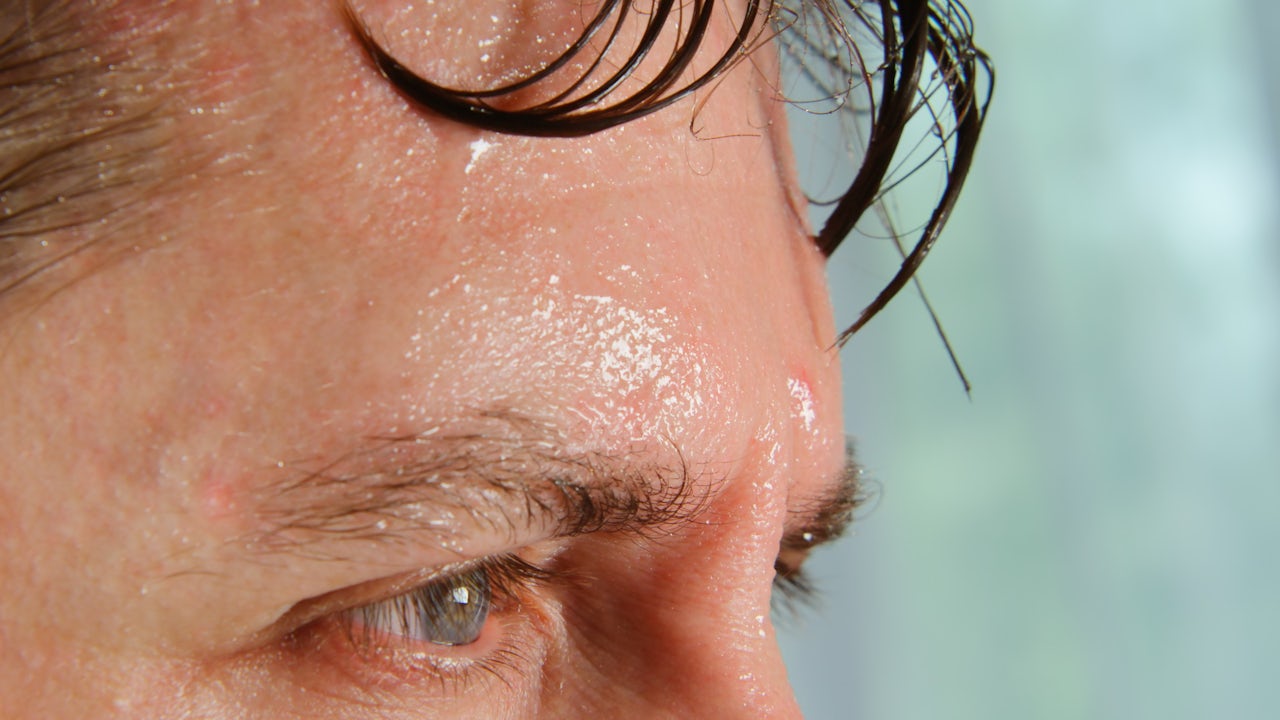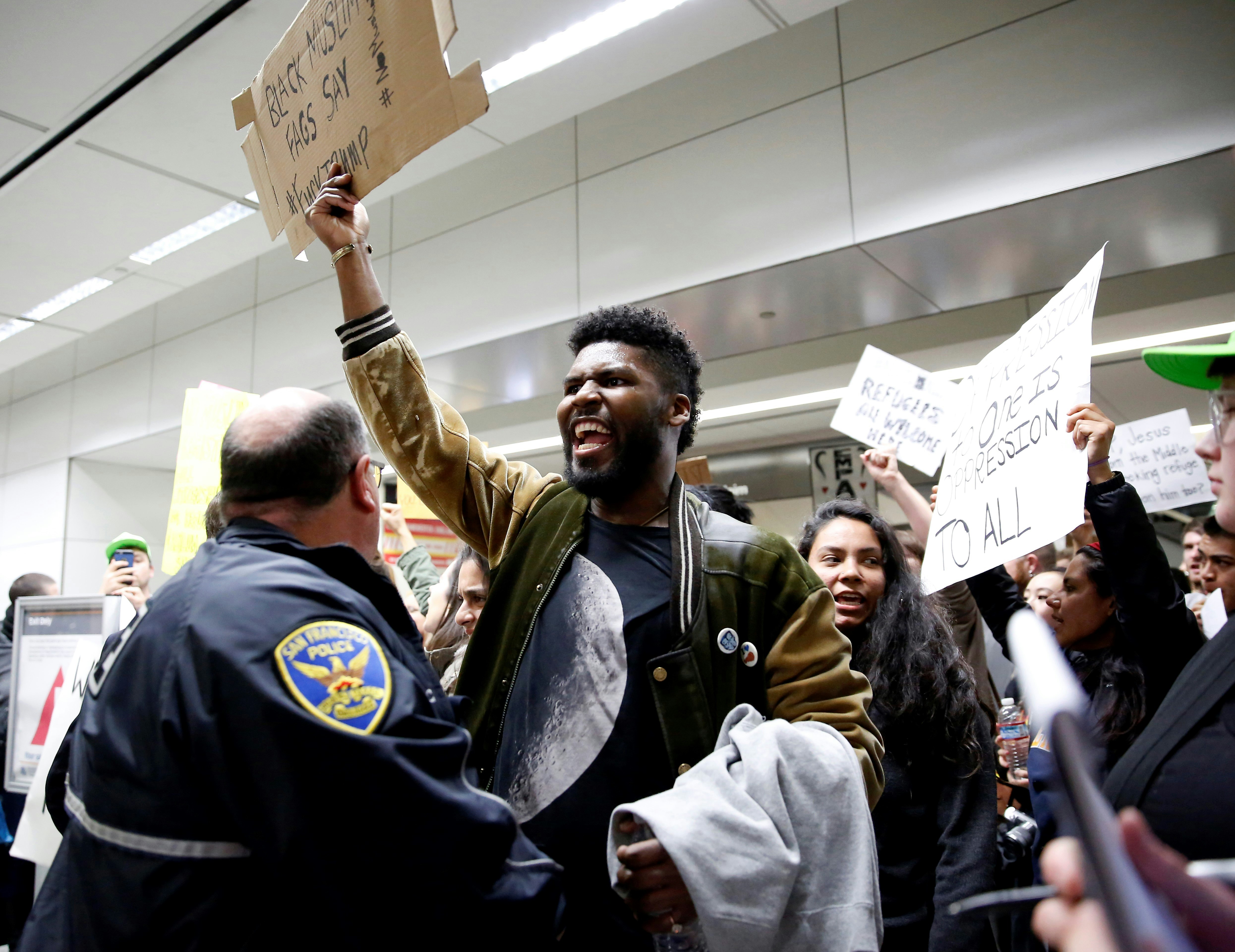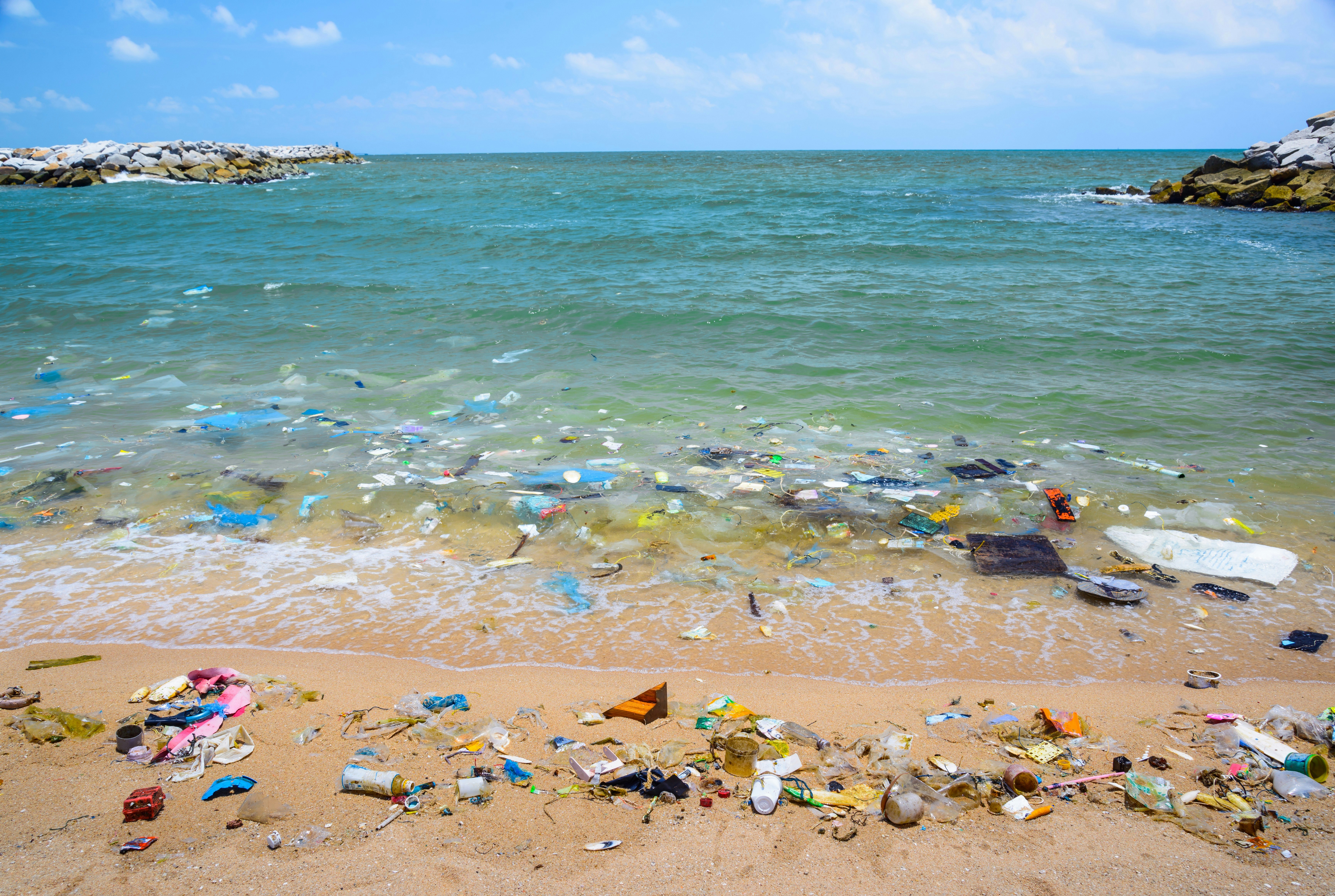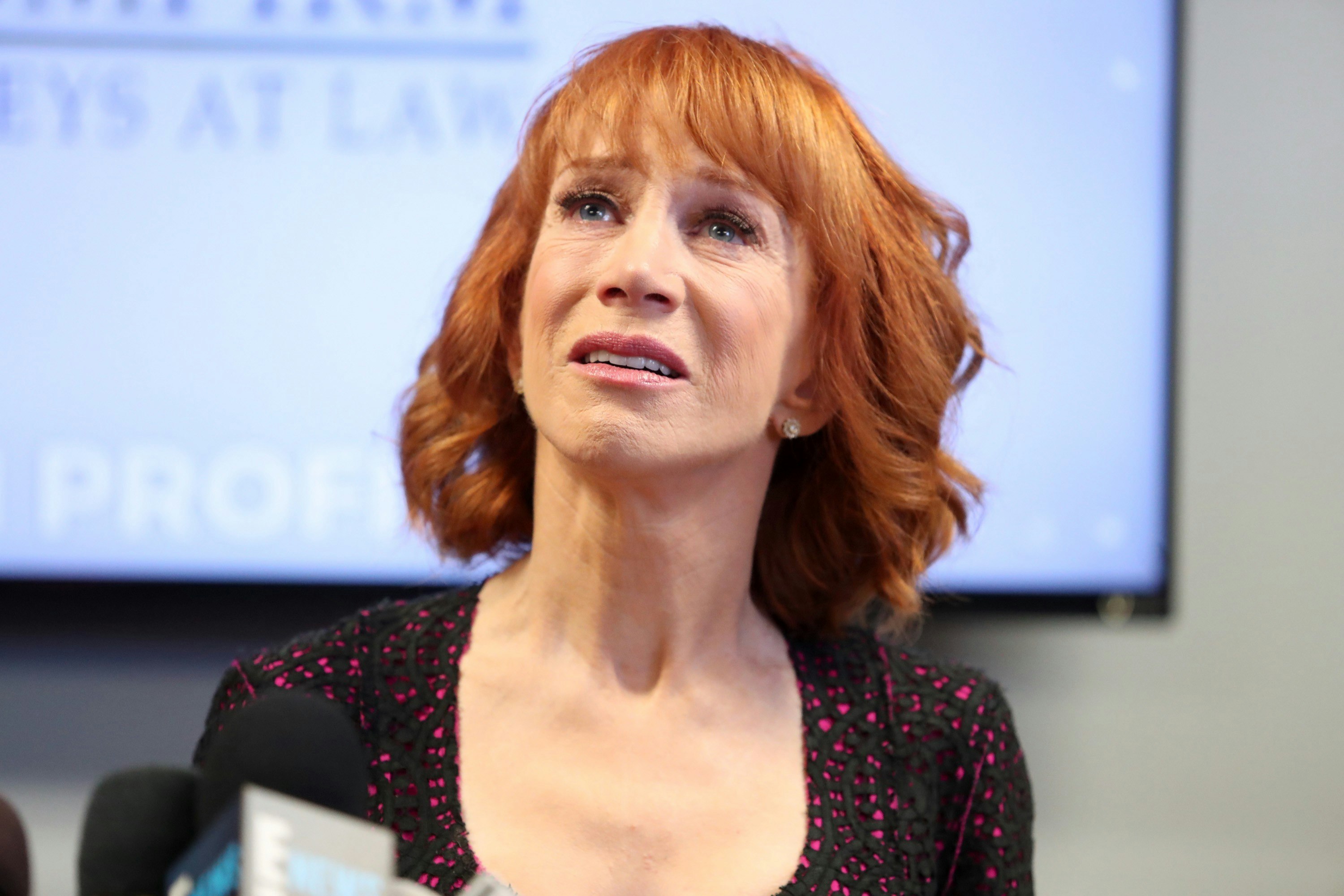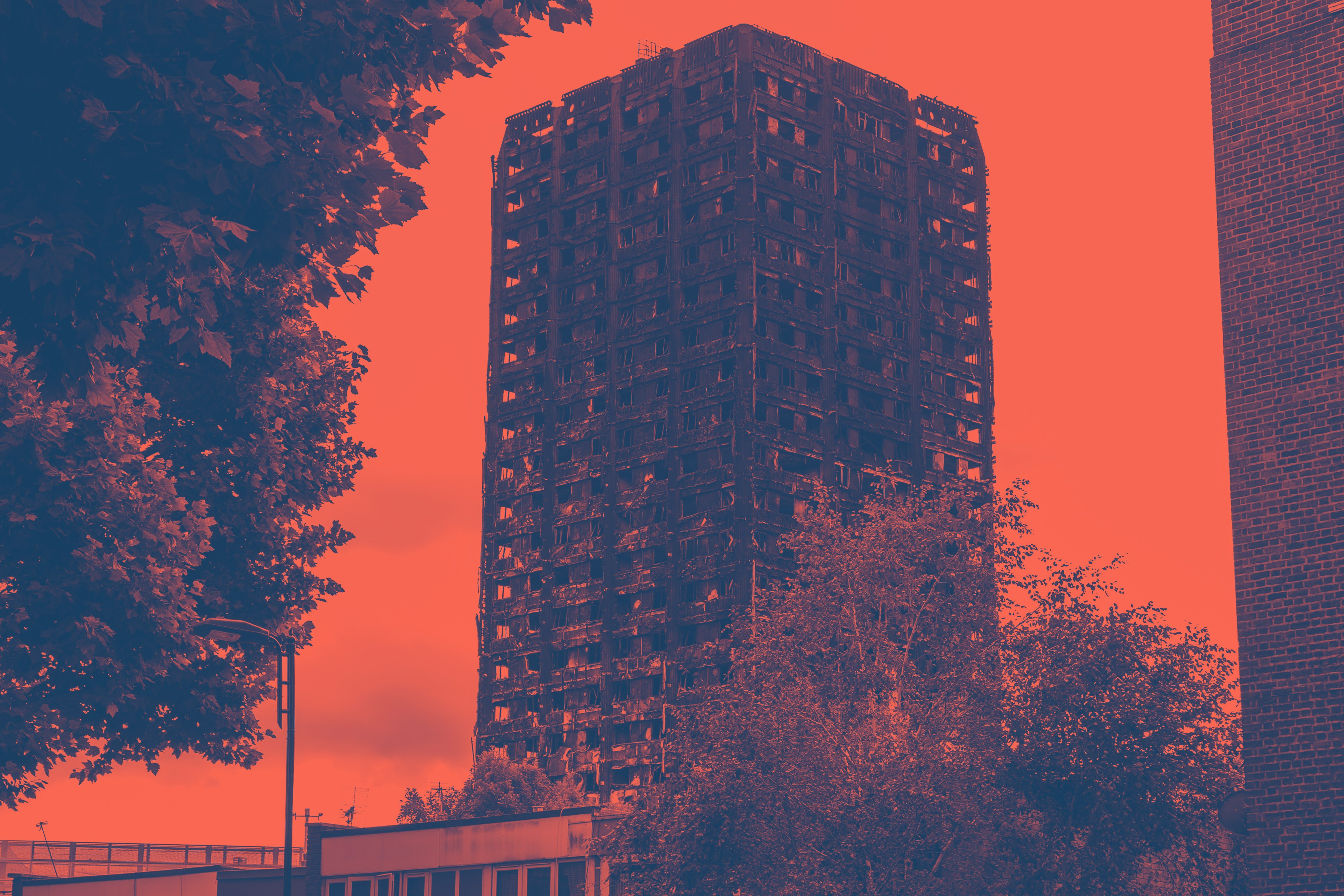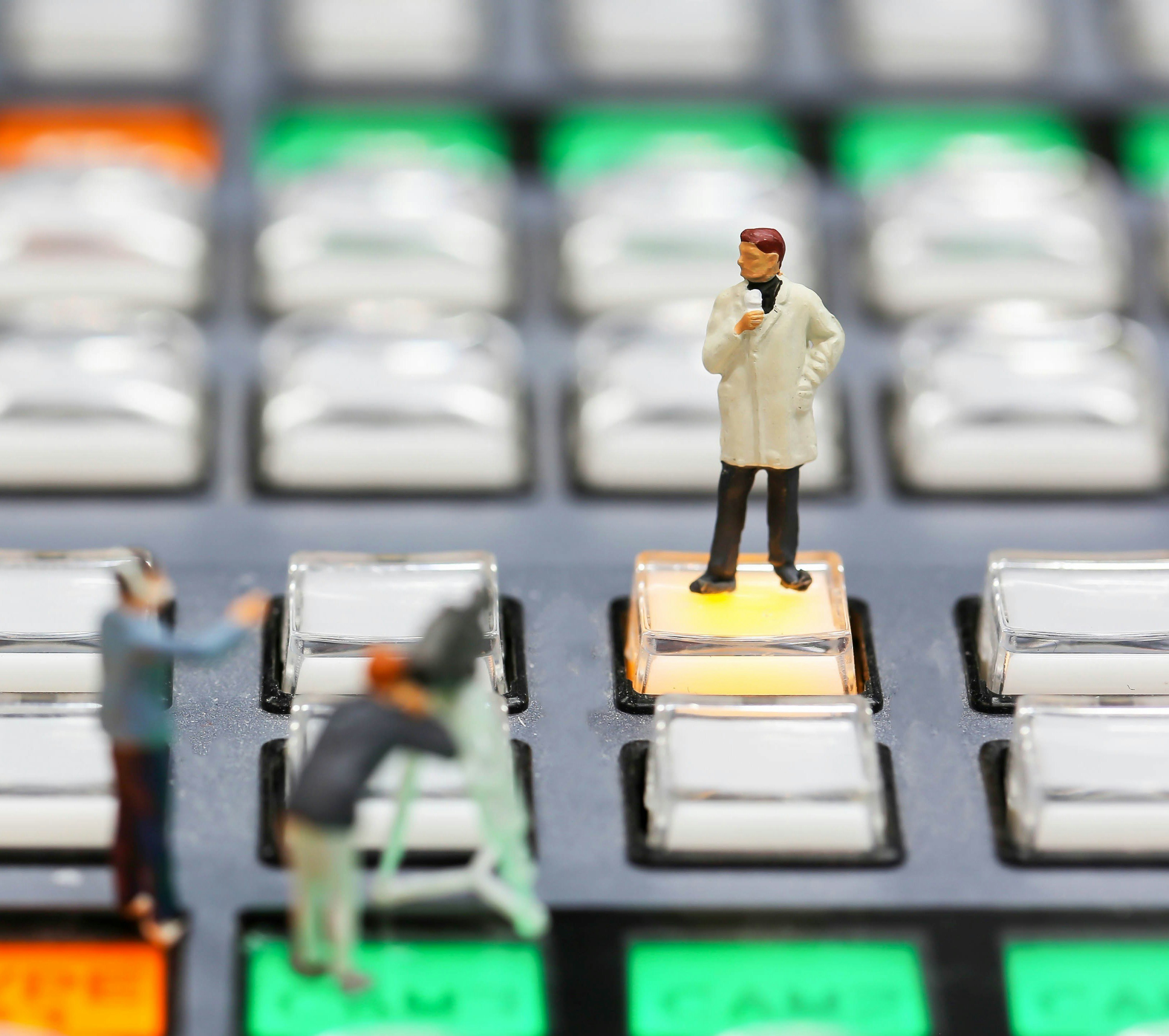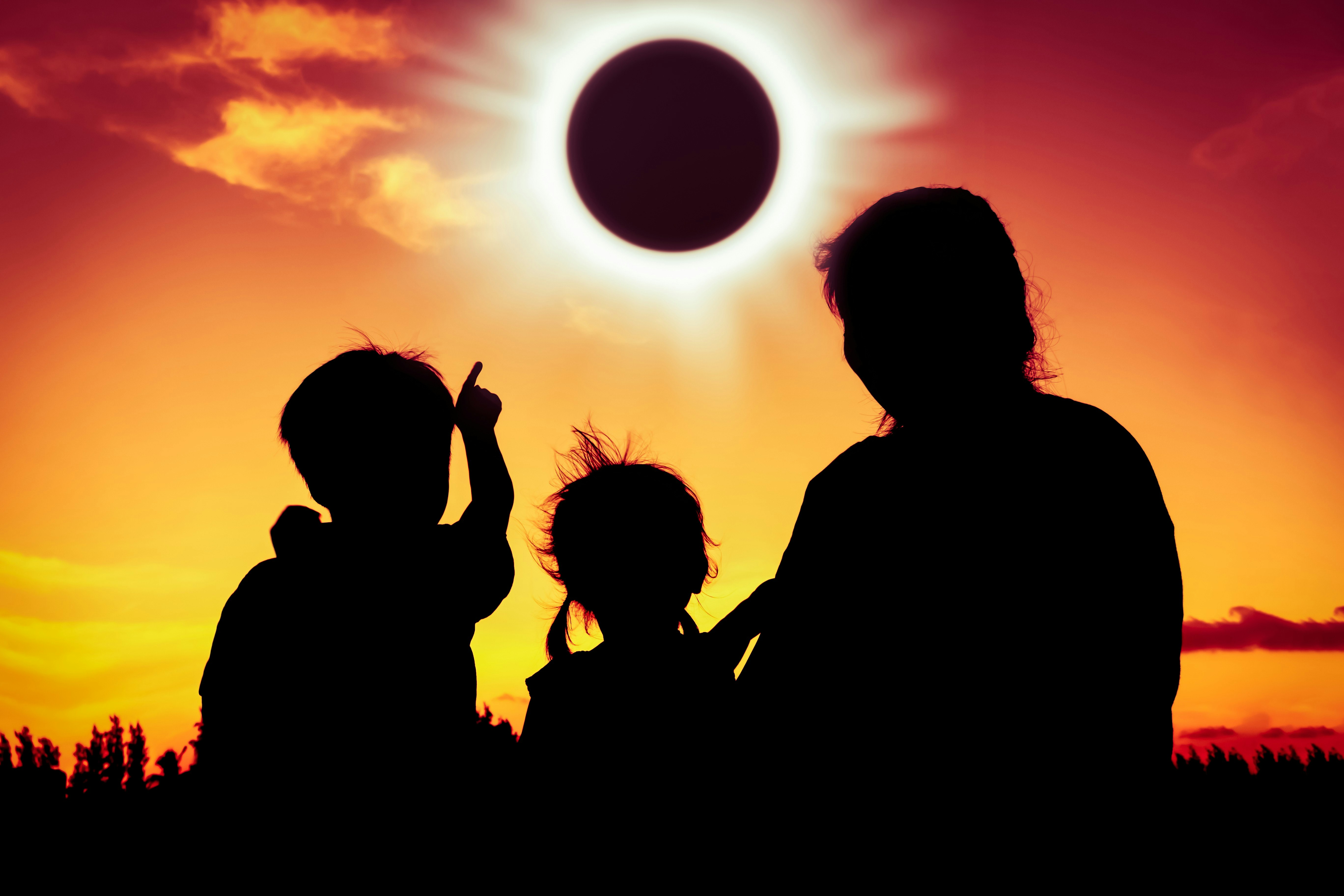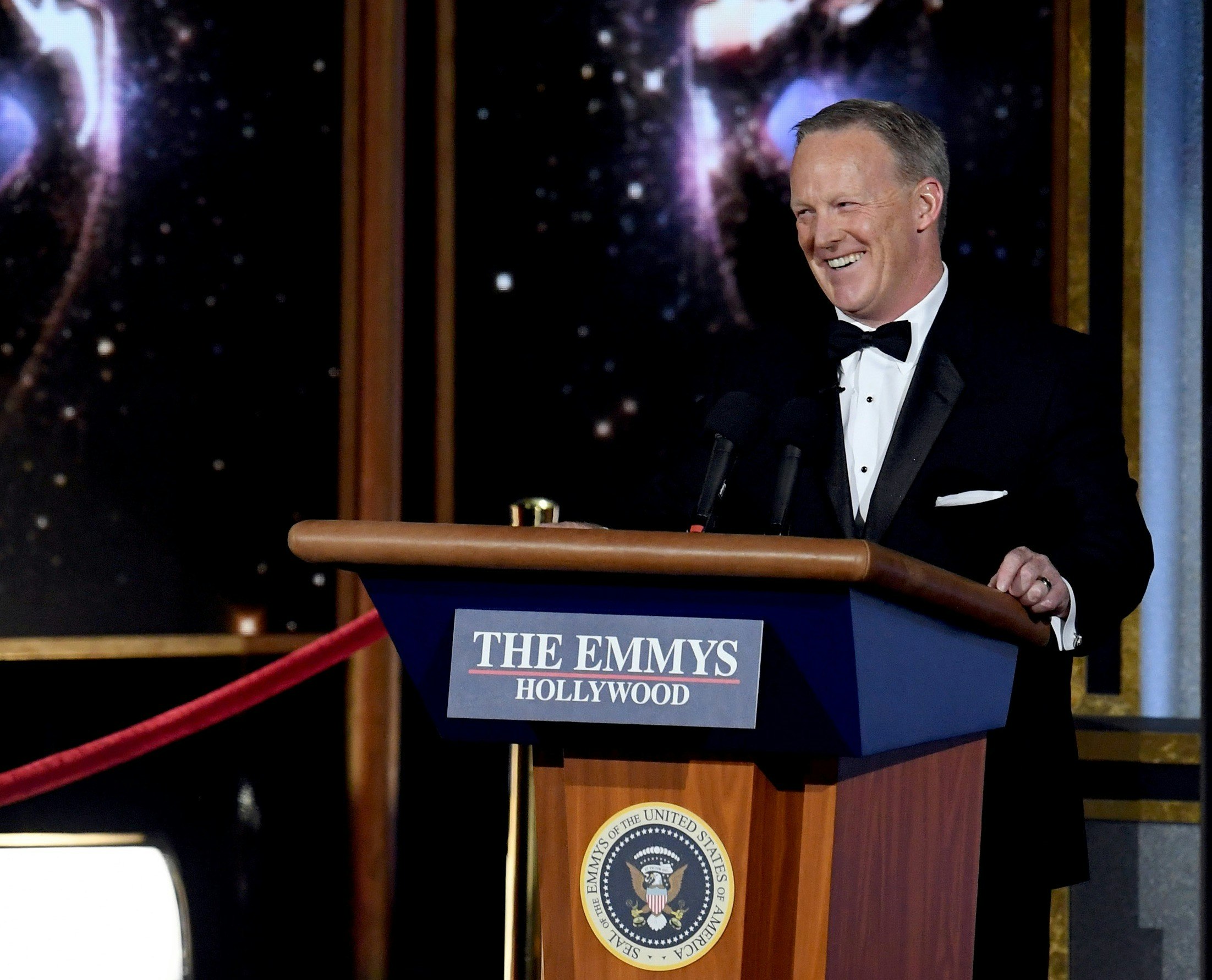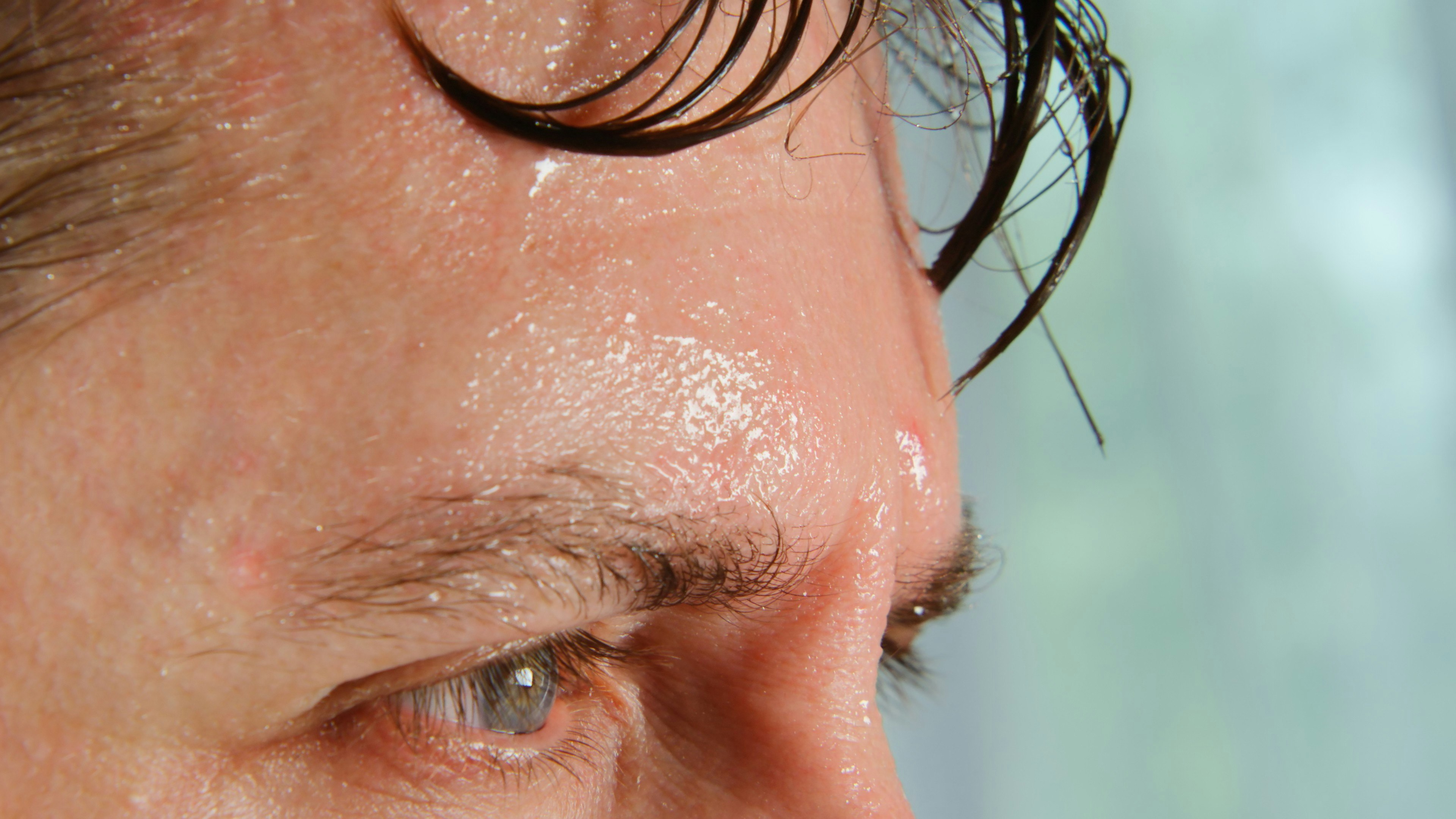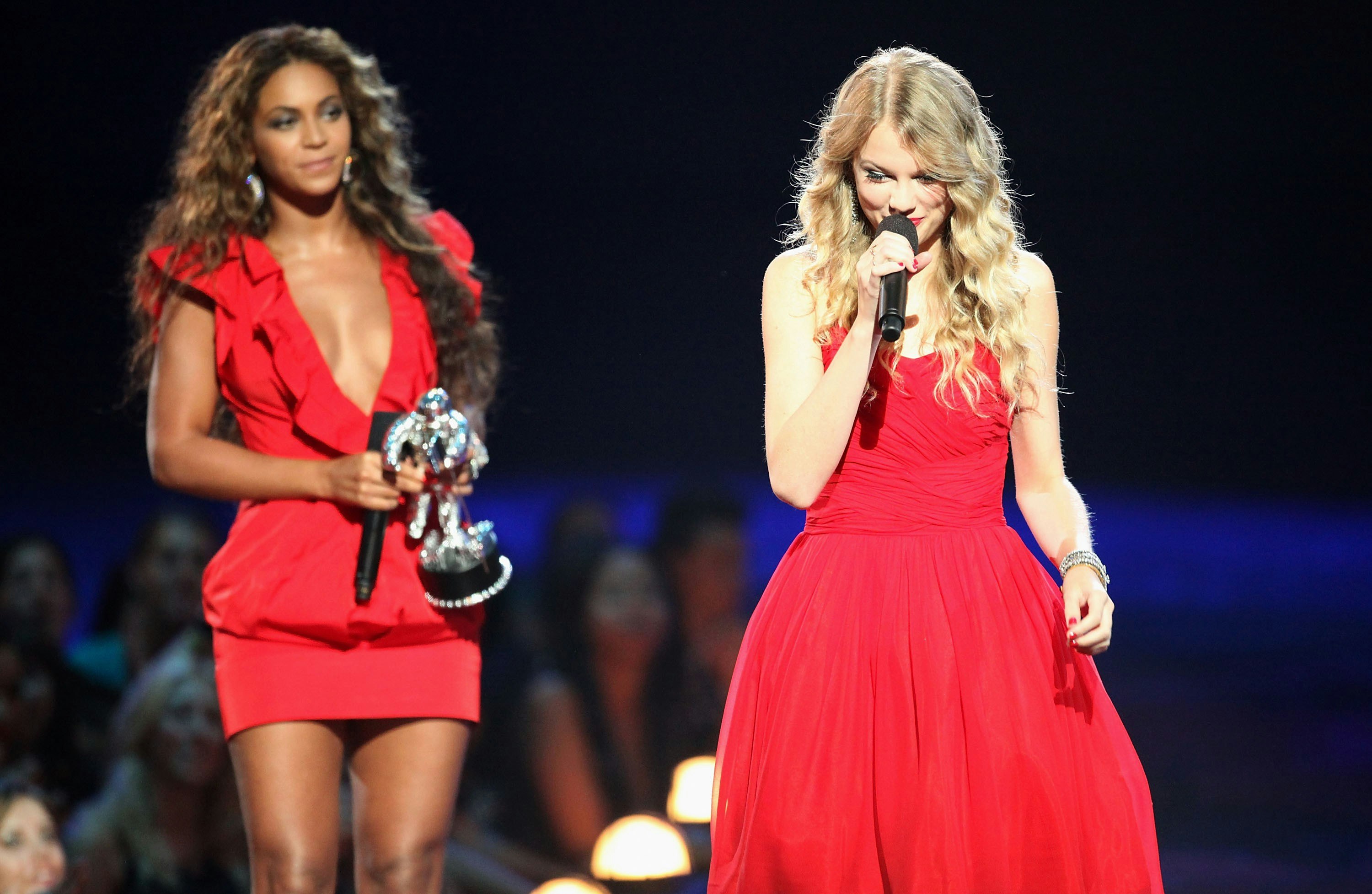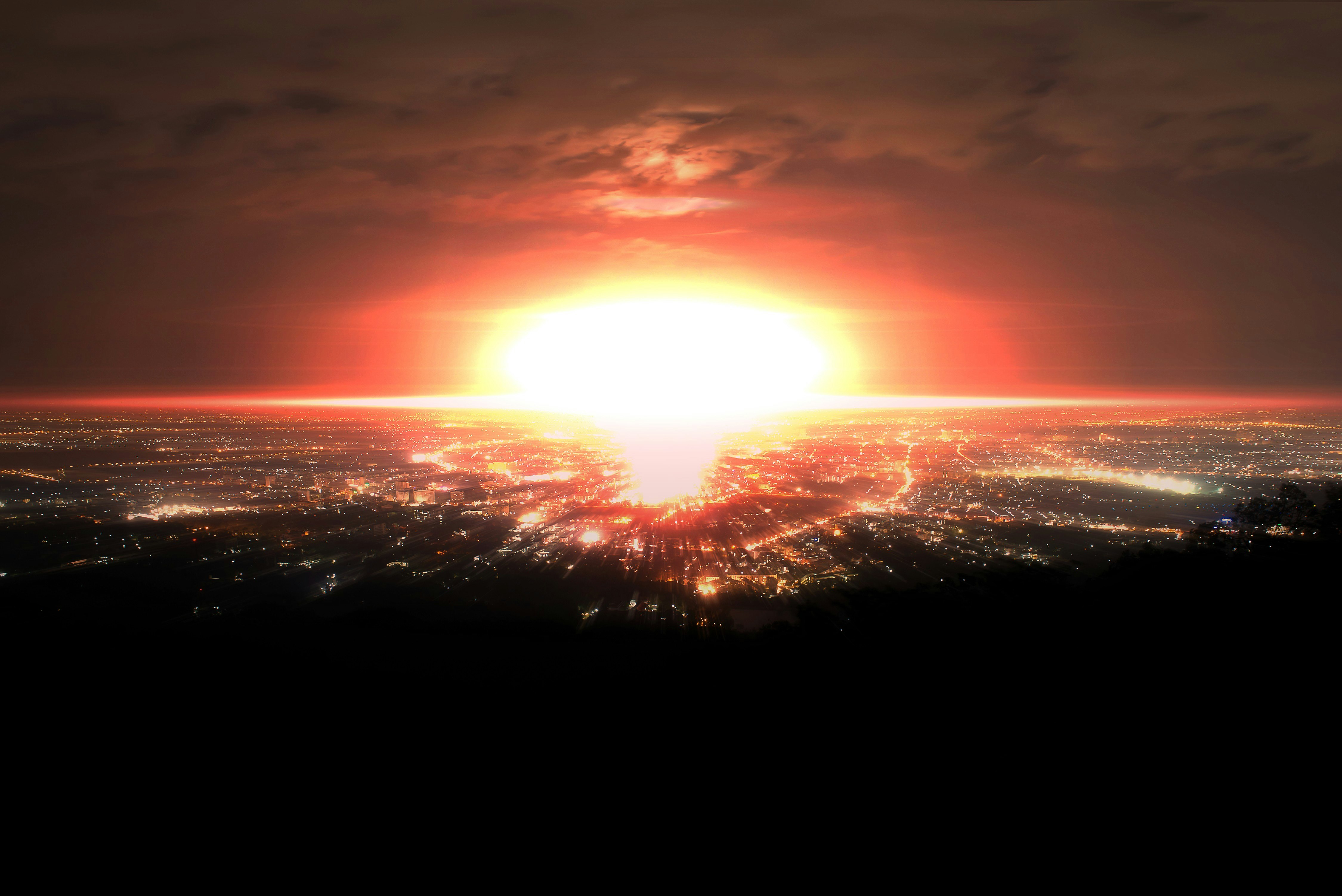IT HAPPENED
is a series reflecting on our memories of 2017, one month at a time, as we head into the new year.
At around 8:30 PM on October 9th of this year, I was at a bar with a friend who wanted to go outside to smoke. We were killing time before a movie.
“Ah,” I said, audibly breathing in through my nose as we found a spot under the scaffolding. “This is my favorite kind of air.” My friend paused, cigarette halfway to his mouth, and scrunched up his face. I try not to use italics very often, but his disbelief was so forceful I think they’re appropriate here: “Really?” He sounded almost like I’d betrayed him. I laughed and said no, of course not. The sun had gone down hours before, but it was still about 80 degrees, and in New York the air was the same as it had been for days: absolutely fucking gross.
It was not as hot as it could have been; it was not, after all, like July. “It feels more like September or even late August,” said Jon Gottschalck, the chief of the operational prediction branch at the National Weather Service, to The New York Times on October 24. I guess his specificity was supposed to make us feel a little bit better about being trapped by a weather system that seemed to be acting out, like a stubborn toddler insisting on outlasting the dinner party. The heat was very wet, the kind that engages the scalp, and because I mainly understand my relationship to climate through clothes I fixated on the wrongness of fashion magazine headlines, which I interpreted as willfully obtuse. It was not, in any way, sweater season, and when I saw undaunted women wearing tight pants and layers of makeup I could only wonder: How?
Some days it would rain, and instead of dropping, the temperature would deepen, like the heat was folding itself into the air. Everyone checking their phones for the weather forecast got flashes of angry shock, again and again, when they saw the temperatures predicted for the following week: 75, 83, 82, 81, 77, 77, 81. Why was this happening? When would it stop? There was no breeze, no sense of movement; often, the sky was not the bright blue of a summer day but the runny gray of a Northern European winter, and as in a Northern European winter, it was best to stay indoors. New York had retained its summer smell, processed fruit snacks smeared in tar, and sweaty under the scaffolding outside a bar across from Lincoln Center I couldn’t help but suspect that something was wrong.
People tried to make the best of it. They went to the beach and posted on social media about the wondrous unlikelihood: The beach! In October! Surely this was something nice. Many of us joked that finally our tendency to procrastinate had paid off, because our window A/C units had not yet been heaved, dripping, back into their boxes and shoved into our small closets, so we could at least sleep. As in all the other months, there were new jobs and escalating flirtations and birthday parties we were excited to attend. But we had hoped to debut our light jackets at those birthday parties, to shiver a little when we went out for a smoke, to not have to wipe sweat off our upper lips as we waited for the subway at 1 in the morning.
It’s not as if inappropriate temperatures are so uncommon. I remember two Christmases ago when, unable to leave the city as planned because of fog, I went running in shorts and a T-shirt. This was, while disconcerting, kind of fun. In Ben Lerner’s 2014 novel 10:04, a book that is almost frantically concerned with envisioning the future, the narrator remarks several times on “unseasonably warm” weather as he walks across Brooklyn and Manhattan, painting an accurately just-slightly-apocalyptic backdrop to the issues and events of 2011 and 2012, including Occupy Wall Street and two hurricanes. When I start worrying about climate change, I often seek solace in past anomalies: a July in the 1940s when people were sleeping on the fire escapes, a snowstorm in 1965 that destroyed an entire town. Increasingly, this coping mechanism fails. October 2017 was the hottest on record in New York, as well as in several other cities in the Northeast; others were so close to recording their highest October temperatures that they might as well have. In that New York Times article, the National Weather Service chief said the so-called “hotumn” was not necessarily caused by a “new norm connected with climate change,” but rather a “secular warming trend.” In the careful language of science, this just means a tendency is happening over a long period of time. But it also inevitably suggests grand figurative interpretations, specifically that there is no God who caused this and no God who will get us out of it.
I usually associate impending doom with cold; events may be “chilling” when they are alarming or frightening, or, lately, for what they may portend about creeping ideologies. But this October, when the temperature was finally supposed to relent, so many things were already wrong and apparently careening to worse that it was heat, not merely unseasonable but positively disturbing, that took on a foreboding effect. One could pick out any month of 2017 and list a string of horrifying events, but October in particular was marked by intensity, not least because we had already endured so much already. A mass shooting at an outdoor concert in Las Vegas, committed through strategy so difficult to entirely prevent that it seemed best to focus on other, more inescapable details, resulted in 58 deaths and more than 500 injuries, and involved the use or intended use of 24 guns. The sexual harassment and assault allegations against Harvey Weinstein came in bursts over the course of days, opening the door for the sexual harassment and assault allegations against everyone else. Wildfires in California killed 43 people and torched over 245,000 acres, an area I have no idea how to conceptualize. As we insisted the news media should pay more attention to the protracted devastation caused by two hurricanes in September, which left almost all of Puerto Rico without power, water, and food, there was another hurricane, this time in, if you’ll forgive the italics, Ireland. On Halloween a terrorist drove a rented U-Haul into a bike lane in lower Manhattan and killed eight people. On top of it all, following a series of cruel social-media miscommunications, Tom Petty died. There was also all the stuff that happened before, including the still-incredible fact that Donald Trump is the president, which, like the disgusting weather, exacerbates every bad thing and detracts from all the good stuff, too.
Writing on climate change — though what I’m talking about here is not technically climate change, just a secular warming trend, totally, sure — tends to be aggressively pragmatic (“This is what we need to do right now”) or resigned (“This is what is going to happen because we are too late”). Obviously, if there’s an option, the former is preferable. But in October, as the future seemed easier to predict, it was hard not to feel limited by things we could not, despite our best efforts, really do anything about. What the world will look like in 20 or 30 years, I don’t know, but I imagine it will feel like October, fidgety, mad, and very, very hot.
